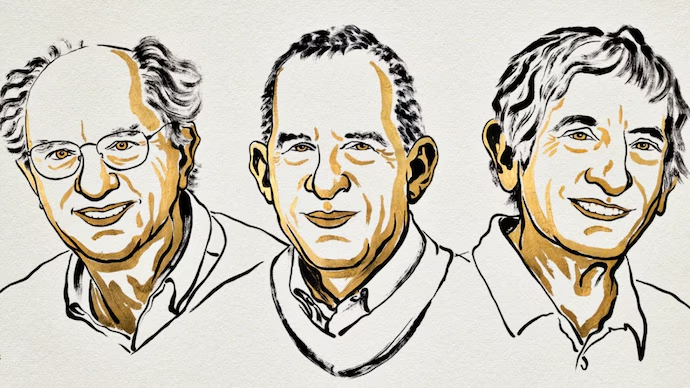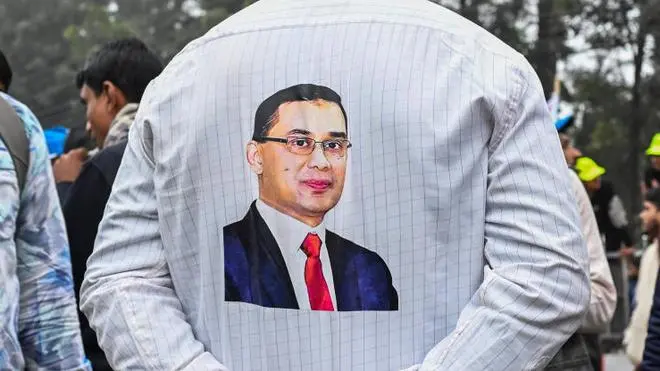Stockholm: The Royal Swedish Academy of Sciences announced the winners of this year’s Nobel Prize in Physics, honoring three American scientists — John Clarke, Michael Devoret, and John Martinis — for their groundbreaking experiments in quantum mechanics.
The trio has been recognized for pioneering work that demonstrates quantum mechanical effects in macroscopic electrical circuits, a development that could significantly advance quantum computing, quantum sensors, and other emerging technologies.
Traditionally, the principles of quantum mechanics apply only to microscopic particles such as electrons. However, Clarke, Devoret, and Martinis successfully showcased quantum tunneling and quantized energy levels in a hand-held electrical circuit, making quantum phenomena observable at a larger, tangible scale.
“This work is a major milestone for future quantum technologies, including quantum cryptography and computation,” the Nobel Committee noted.

A Legacy of Indian Contributions to Physics
India has a historic presence in Nobel Physics awards. Sir C.V. Raman, the first Indian laureate, received the prize in 1930 for discovering the Raman Effect, now widely applied in lasers and medical technologies. Later, Subrahmanyan Chandrasekhar, awarded in 1983, contributed to understanding the life cycles of stars and showed that massive stars could eventually become black holes.
The 2025 Nobel laureates’ discovery marks another leap in global quantum research, potentially shaping the next generation of technological innovation worldwide.










